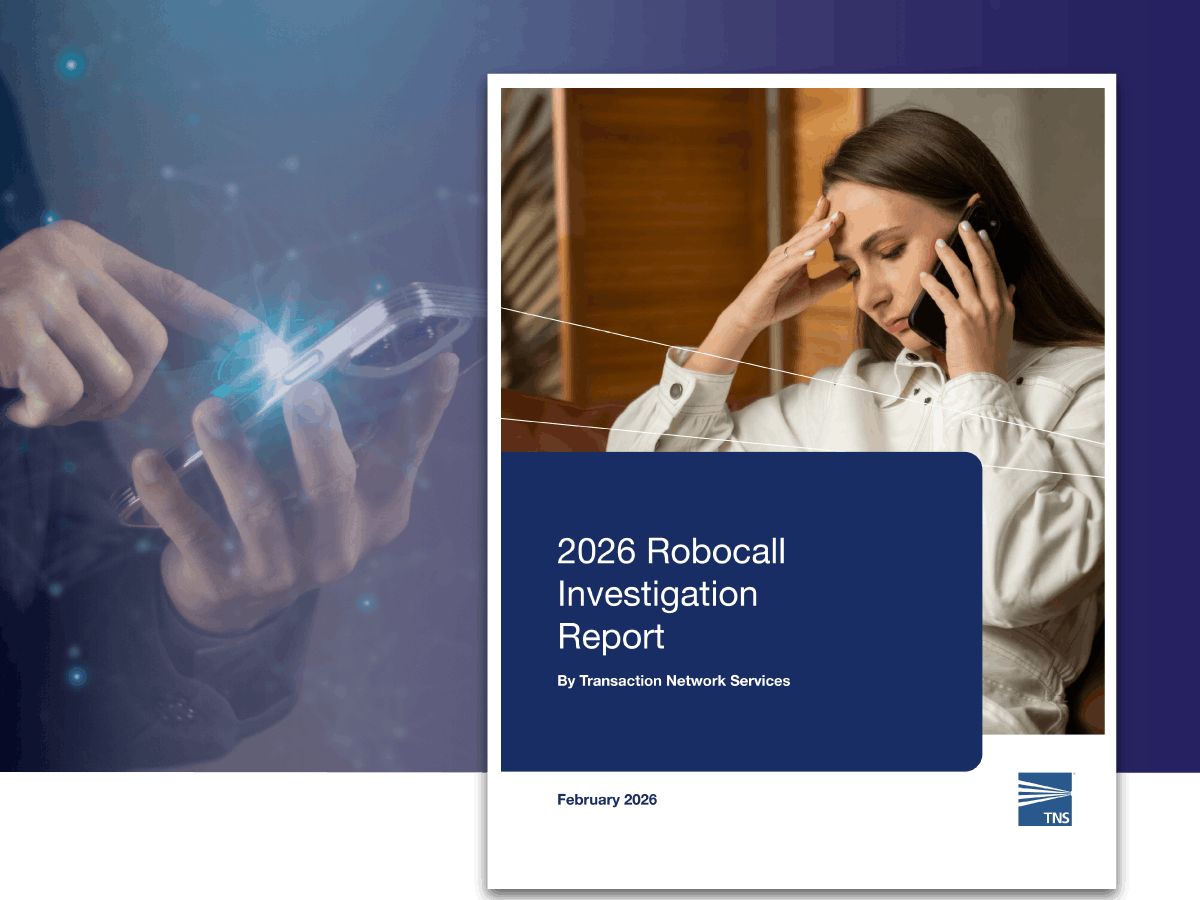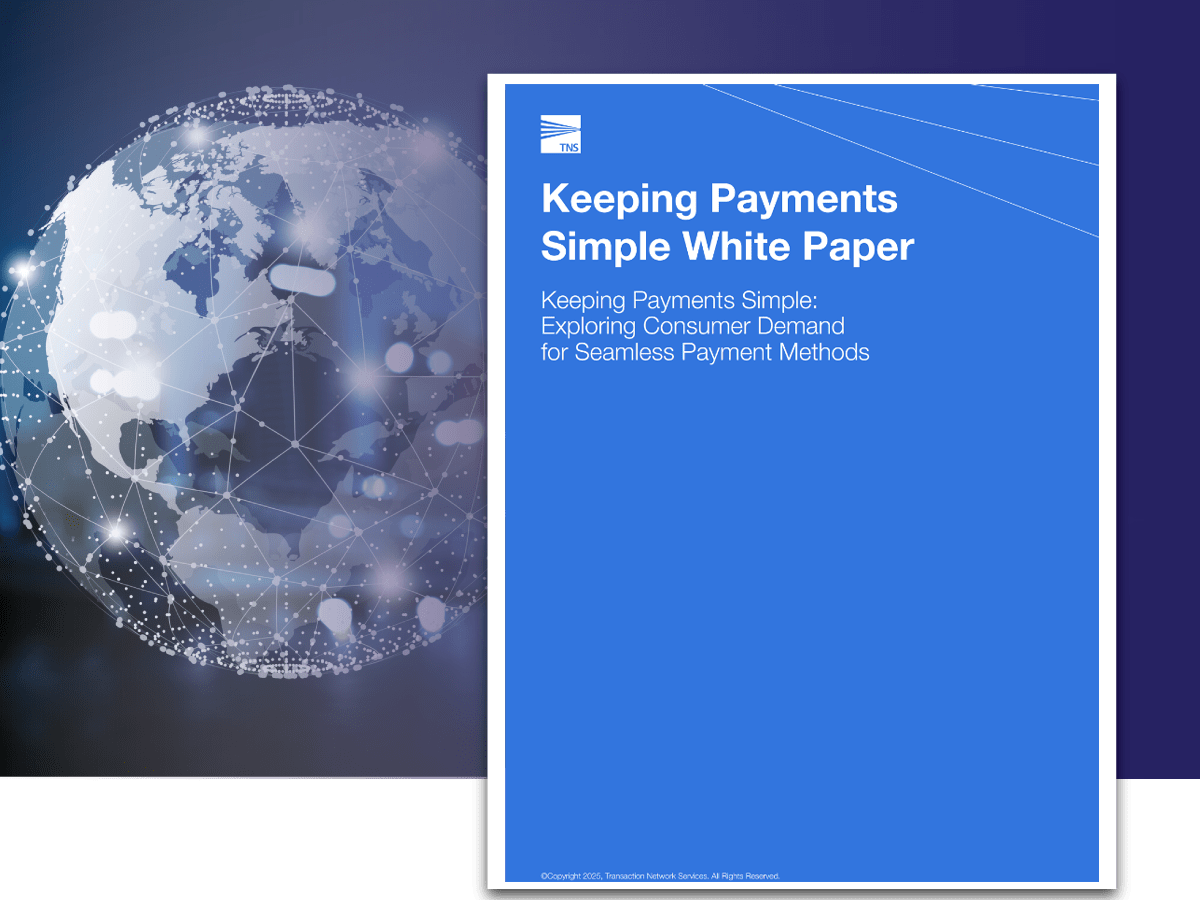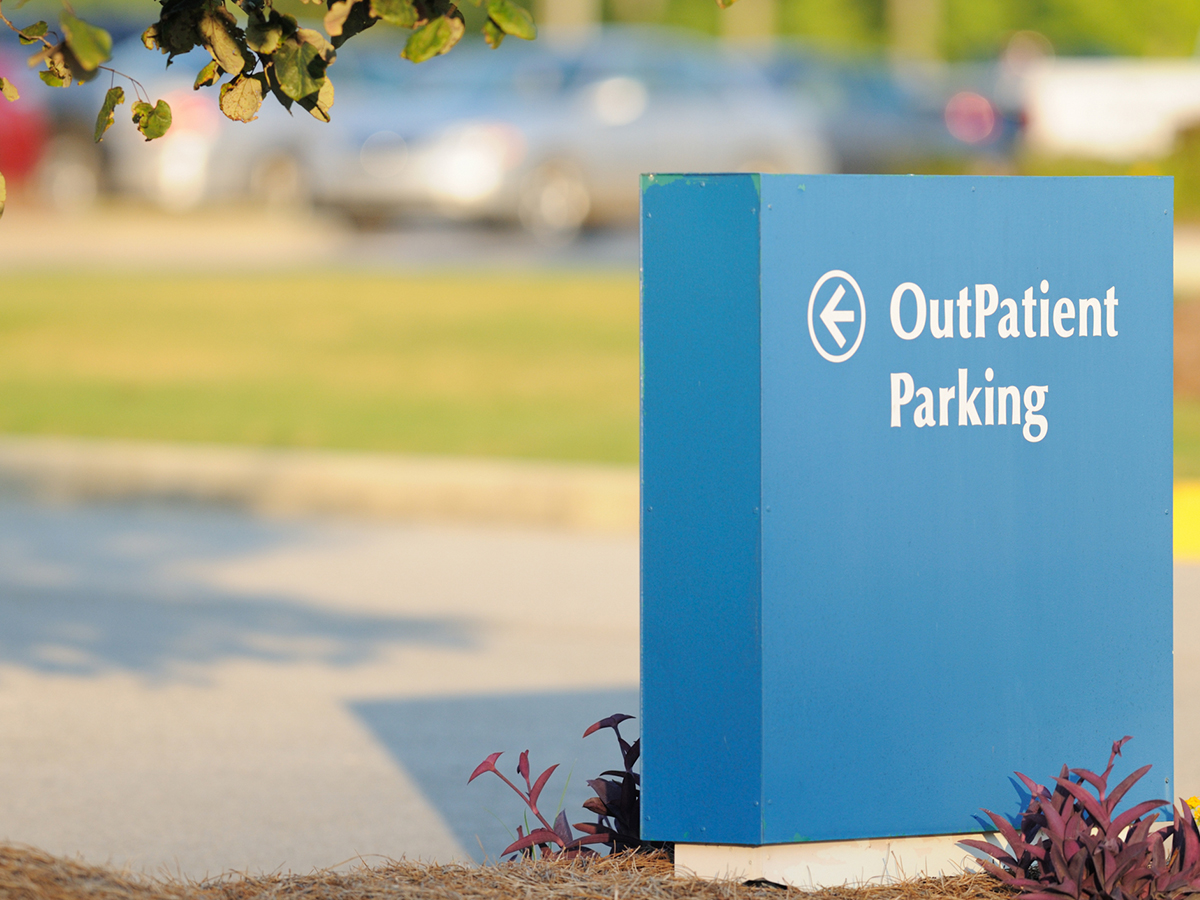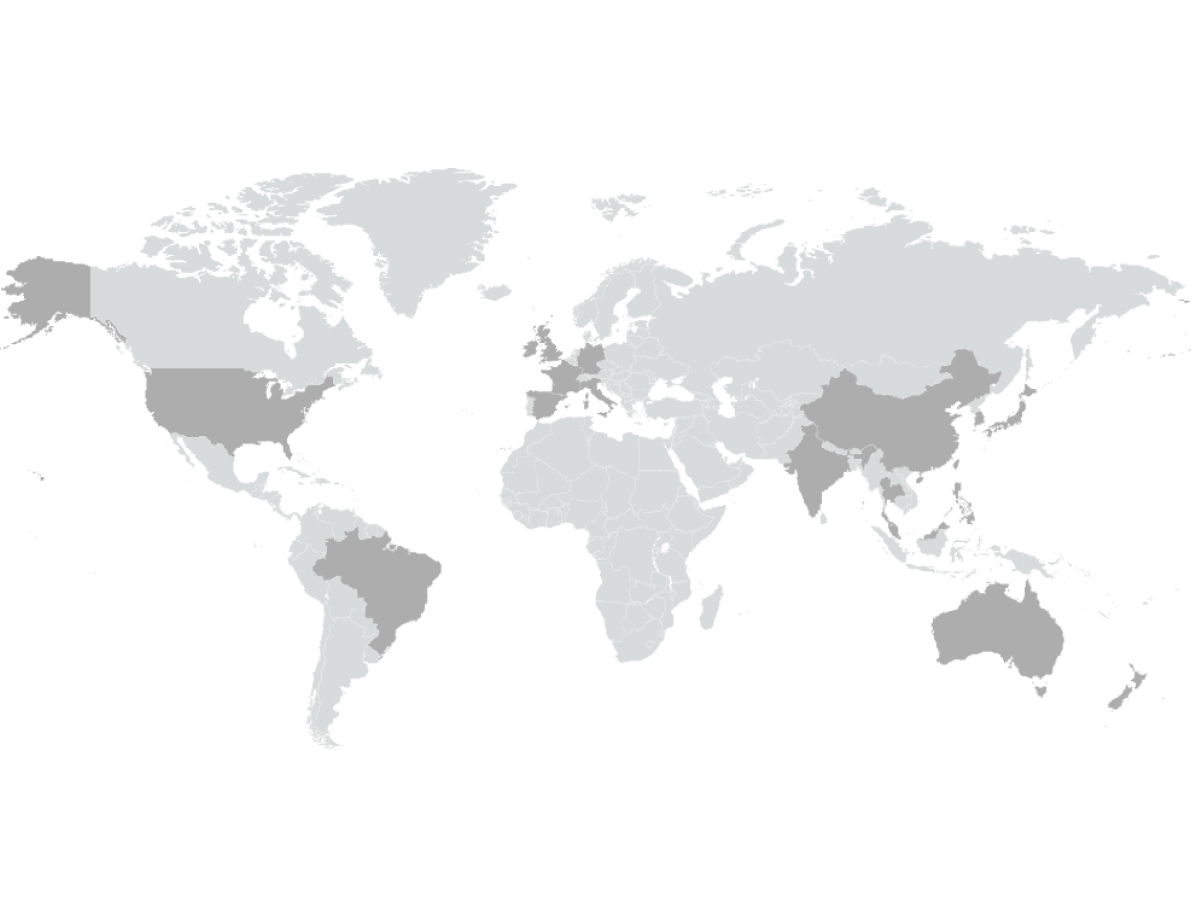If you thought that the issue of staff car parking had become more difficult in recent years, you’re right — and there’s real evidence to confirm your hunch.
Twenty-three percent of employees place problems with commuting as a key reason for resigning1. Beyond this statistic, further research highlights that time, cost and stress associated with finding somewhere to park are all key contributors to the problem.
Looking from another perspective, before it reaches the issue of staff resigning, staff and contractor parking is already causing headaches to organisations.
Managing parking for staff and contractors is no easy task. Let’s have a closer look.
More people, more cars, more problems
According to the Australian Bureau of Statistics, car ownership since 2000 has leapt ahead of the nation’s population growth. In 2019, there were 19.5 million cars on Australia’s roads — that’s a huge increase of 62% in less than two decades.
With more people driving more cars, there’s far greater competition for the finite number of parking spaces available. Then there’s that concern of finding the balance between parking for staff and parking for your customers. While the ideal solution is to build more car parks to meet the demand of both your employees and customers, we all know that this is not always plausible. There are other ways to ease the pain. One of which is to optimise the way you manage your parking capacity for your staff and contractors.
Giving designated access to a specific car park, at a specific time, to your staff and contractors allows you to plan better and to manage expectations.

Manual administrative tasks
Everything is online nowadays but there are some processes that are still being done manually. In many organisations, this includes the management of staff and contractor parking which puts a burden on your wider team – including HR, Finance and Operations.
HR team members frequently highlight the time and energy they must devote to allocating spaces, answering queries, responding to complaints and engaging with trade unions over issues including fairness and employee safety. Collecting cash payments, manually managing access cards or reconciling payments with staff and contractor accounts must drive your Operations and Finance team to the edge.
The problem isn’t made any easier by the diversity of staff groups that hope to access spaces. Let’s take hospitals for example. From full-time health and administration employees, senior consultants and doctors, through to part time ancillaries and visiting contractors, decisions must be made on who can access parking, how much they pay, and where these spaces are located. And it all has to work seamlessly, seven days a week, 24 hours a day.
A financial burden
There is also a financial dimension to these complex issues to consider. Put simply, there’s a real cost associated with attempting to resolve the administrative challenges manual parking causes. This impacts on the efficiency of the hospital, and leads to unnecessary and avoidable cost overruns including the time that your HR team spends on manually assigning access for your different staff and contractor groups or the time that your Finance team spends to send the invoices and manually matching them to individual contractor accounts.
Light at the end of the tunnel
There is no doubt that parking is one of the key considerations for staff and contractors in a workplace. It is important that your organisation has a clear parking offering to your workforce as well as a process and a system that can support it.
The good news is that there are online parking solutions that are already available in the market that can help with automating the manual processes involved in managing your staff and contractor parking, assist in optimising the way you manage your car park capacity and can make your staff and contractor’s parking journey seamless and hassle-free, delivering real benefits to you and to your team.
Staff and contractors are at the heart of every organisation. Learn more how we can help you address your parking challenges.





